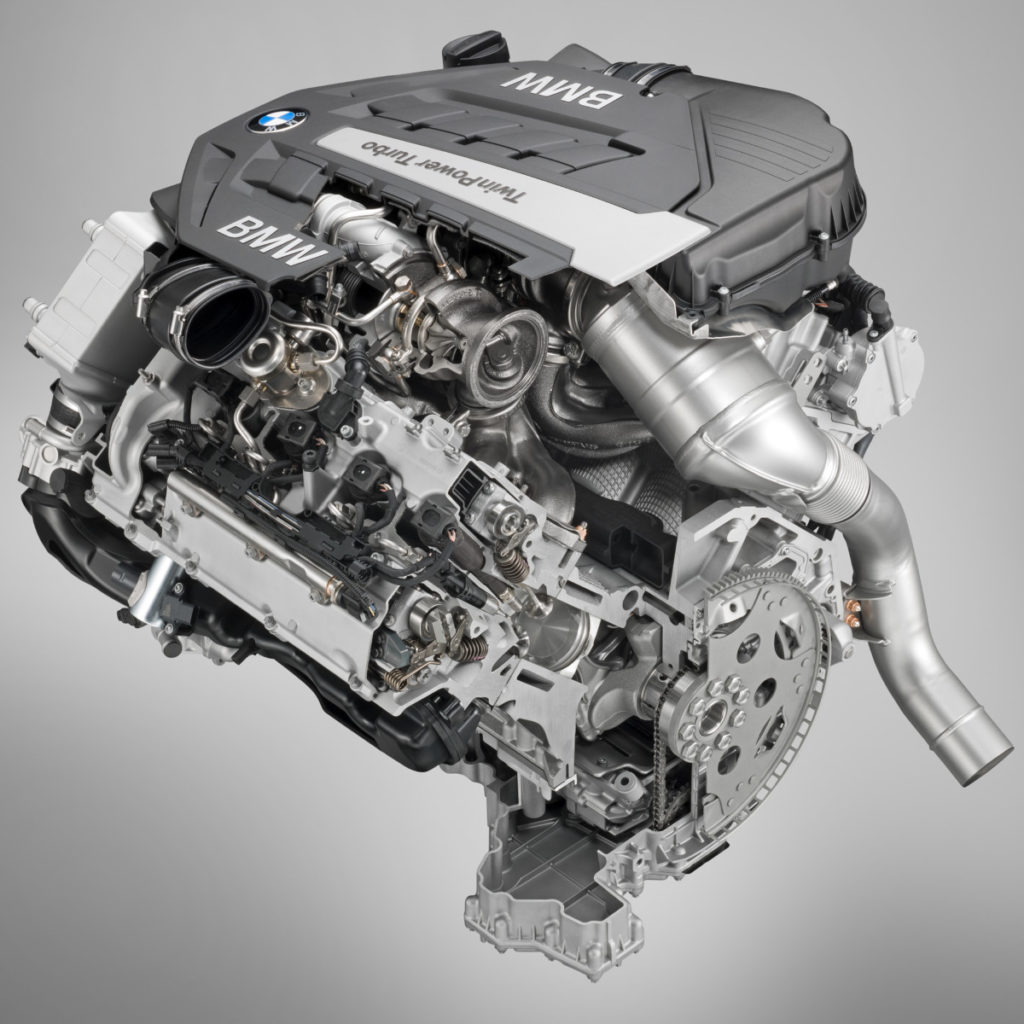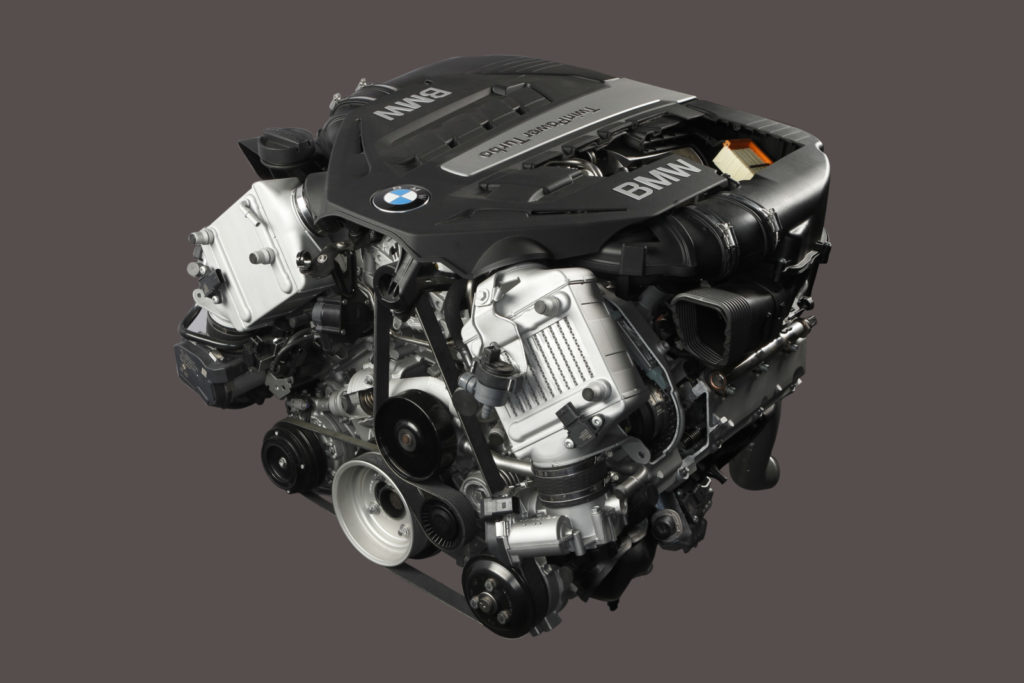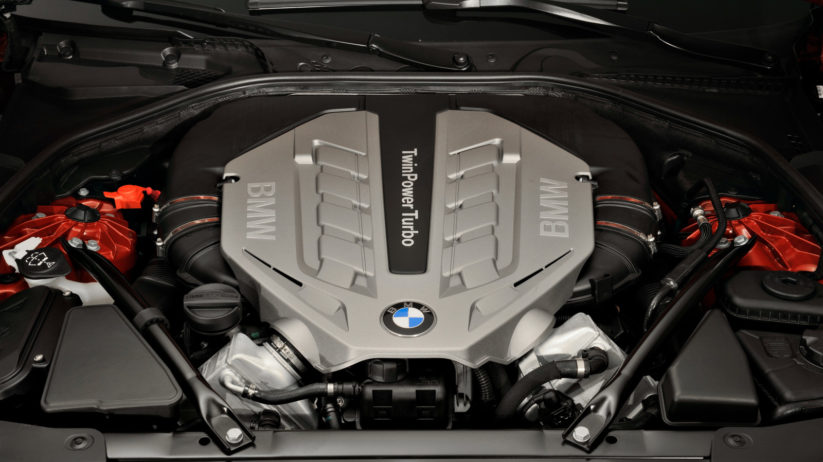Not two months after a three year long legal ordeal regarding BMW N63 V8 oil consumption was settled during September, a new lawsuit has been filed on behalf of a number of individuals who allege complaints relating to their twin-turbo V8-powered BMWs burning quarts of oil at an alarming rate. This most recent case, Moore v. BMW of North America, LLC, goes a step further than before, seeming to assert that the problems are ongoing even after completion of the N63 Customer Care Package (CCP), and that the tests, procedures, replacement parts and other work related to the service bulletin are intended to mask the underlying problems causing oil consumption as opposed to fixing a flawed design. The new suit cites multiple separate N63 service bulletins unrelated to the CCP, and plaintiffs say their N63-powered cars are going through a staggering amount of oil between services—nearly twenty quarts in at least one instance.

The potent N63 and fire-breathing M derivative S63 are a pair of technological marvels, which set the tone for the automotive industry to seriously consider the hot-vee layout with the turbochargers situated between the cylinder banks. As we discussed in our summary of the settlement which brought the previous oil consumption lawsuit to a close, the design lends itself to the creation of excess heat, but is clearly a revolutionary step in terms of optimizing the turbocharged internal combustion engine, and other manufacturers have since followed suit, such as Mercedes-Benz and Audi to name a few. The N63 was initially released in 2008 for the 2009 model year, and like the first lawsuit which we go through at the link above, the newest filing addresses vehicles from the same years, with a range from 2009 until 2014.
The customer care package (CCP), which we pick apart in detail within the same lawsuit article from October, seems to largely focus on ancillary issues related to oil consumption and the presence of excess, lingering heat. In extreme cases a new long block can be part of the deal, but these instances seem to be incredibly limited in terms of prevalence, and skepticism remains that the replacement engine may suffer from the same problems down the line, thanks to the same hot-vee layout still being used.
Getting more specific, the newest oil consumption lawsuit is targeting BMW’s approach to complaints of disappearing oil, and specifics of the service bulletins surrounding the N63. As we mentioned before, the lowering of the service interval and adding an additional quart to the during each service seems like it was intended to lengthen the amount of time that would elapse between the low oil warning light illuminating. According to Moore v. BMW, another bulletin, aimed at dealing with customers who came to a dealership when their light illuminated, instructs technicians to top the engine off with two quarts instead of the one called for by the owner’s manual, likely for the same reason. Additionally, a bulletin applicable to low mileage engines says to dismiss oil consumption complaints that occur before the 6,000 mile mark all together, as BMW claims numerous components in the engine and valve train remain in a break-in phase and are not fully seated yet, while other writing claims the presence of a turbocharger translates to oil consumption being a normal occurrence, even though the response, like the CCP, for example, has been nothing of the sort.

The lead plaintiff for the case has gone on record saying his 2011 750i now burns more oil than ever before, and that the CCP seems to have exacerbated the problem. According to Car Complaints, the issue started out as a quart being required after every 1,600 miles driven, a figure which worsened to every 1,000 miles after a local dealer performed the CCP-related repairs and procedures. After the BMW owner complained about the increase again post-repair, he was told that the 1,000 mile per quart consumption rate was normal.
In BMW and other German auto manufacturer’s defense, oil consumption is not a new issue. Looking back over the previous twenty to 30 years, there are various examples of Audi, BMW and others stating that excess oil consumption of up to one quart per 1,000 or even 750 miles is normal, or rather incredibly, up to 2.5 quarts of oil for every 1,000 miles traveled by an M engine. Nevertheless, the issues seemed to be renewed and worse with the addition of the hot-vee design, which places the exhaust manifold and two turbochargers cooking on high between the cylinder bakes which contain the seemingly fragile valve seals and other previously lifetime components that prevent oil from entering the cylinders from above. BMW hasn’t stopped manufacturing the N63 or S63 however, instead choosing to continuously upgrade the now decade-old underlying design so it can reach new levels in terms of efficiency and performance. It appears as though most of the oil burning problems are limited to early builds, but for any owner of an affected BMW, having to routinely top-off oil on an otherwise mechanically sorted and reasonably new car is a headache.
The new filing was submitted during the second week of November, and unlike the previous case, cites the Magnuson-Moss Warranty Act as cause.—Alex Tock
[Photos Courtesy BMW AG.]





















